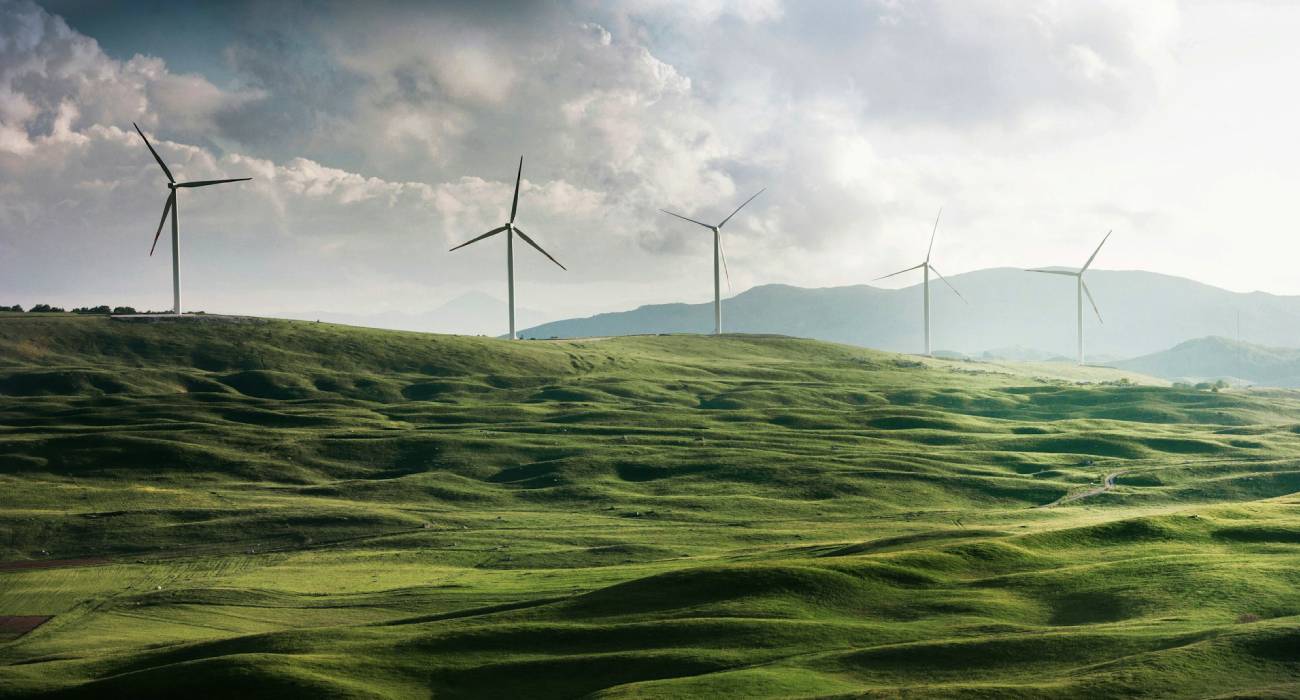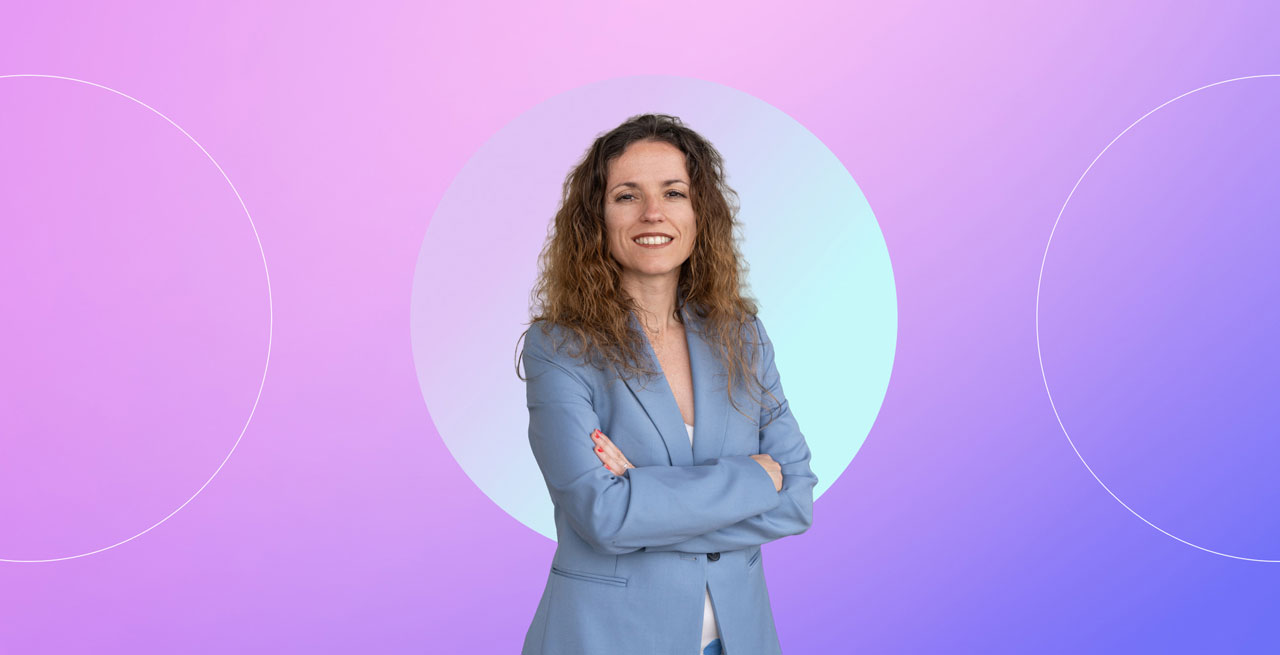Digital and green transition: sustainable technology solutions for energy efficiency
In a society that is increasingly aware of the importance of caring for and protecting the planet, digital transformation is key to improving efficiencies in all processes.
Within this context, new-generation digital technologies make it possible to digitalize natural resources and improve energy management to optimize their use. They also make it possible to reduce the environmental impact of technology, decarbonize the economy, maximize the use of renewable energies, and protect natural resources.
Digital solutions have the potential to reduce emissions by up to 35%.
Digital technologies such as IoT (Internet of Things) Artificial Intelligence, Cloud, Big Data, or ultra-efficient 5G connectivity are some of the enabling innovations for a green transition and for sustainable digitization. These technologies enable improved management, control, and real-time performance in various sectors, such as industrial, energy and utilities.
When applied to the administration of resources such as water, for example, our digital technologies can improve its management, digitize its entire cycle (from its collection to its return to the environment) and reduce losses in distribution networks.
Energy efficiency is also fundamental to the digital and green transformation. Sensorization and monitoring of energy allows consumption to be reduced and electricity production to be optimized, also facilitating the incorporation of electricity from renewable sources that are so dependent on changing weather conditions.
✅ As part of our commitment to reduce the environmental footprint of our activity, using digital solutions that protect, optimize, and reuse natural resources, more than 50% of our products and services have the Eco Smart seal verified by Aenor.
♻️ This seal identifies those Telefónica Tech products designed to promote green digitalization by reducing water and energy consumption, fostering the circular economy, and reducing emissions.
Green and digital transition in key sectors: Water and Energy
As part of MWC 2024, we recently participated in an expert session focused on the green and digital transition that brought to the table the importance of technology in the move towards energy efficiency and sustainability.
The session included, among others, the participation of Belén Díaz-Guerra, from Redeia, and Guillermo Pascual, from Veolia, who shared use cases of these technologies and talked about the challenges and advances in the electricity sector and in water management.
Belén from Redeia, highlighted the integration of renewable energies and the digitalization of the electric grid with IoT and AI, among other technologies, as key elements to improve efficiency and sustainability, in addition to increasing the integration capacity of renewable energies by improving the observability, prediction and control of the grid.
This is one of the great challenges surrounding renewable energies due to the variability of their production, which is dependent on weather conditions. However, digitalization and the application of technologies such as IoT and AI help to accurately know the production and optimize its management.
The green and digital transition represents an opportunity to achieve a more efficient and sustainable society.
Guillermo from Veolia, spoke about the impact of climate change on the water sector. He also highlighted the importance of technology to manage water stress and adapt to new conditions. He mentioned the importance of remote sensing and digitalization in water management to improve efficiency, interaction with citizens and adaptation to climate change.
The conversation also addressed the importance of managing the impact associated with digitization, such as energy consumption, waste generation, and the need to capture digital talent and initiate a "cultural transformation" that will allow us to move towards a more sustainable and digital future.
Photo by Appolinary Kalashnikova at Unsplash.
 Hybrid Cloud
Hybrid Cloud Cyber Security & NaaS
Cyber Security & NaaS AI & Data
AI & Data IoT & Connectivity
IoT & Connectivity Business Applications
Business Applications Intelligent Workplace
Intelligent Workplace Consulting & Professional Services
Consulting & Professional Services Small Medium Enterprise
Small Medium Enterprise Health and Social Care
Health and Social Care Industry
Industry Retail
Retail Tourism and Leisure
Tourism and Leisure Transport & Logistics
Transport & Logistics Energy & Utilities
Energy & Utilities Banking and Finance
Banking and Finance Smart Cities
Smart Cities Public Sector
Public Sector





